Two truths to work out
Opinion
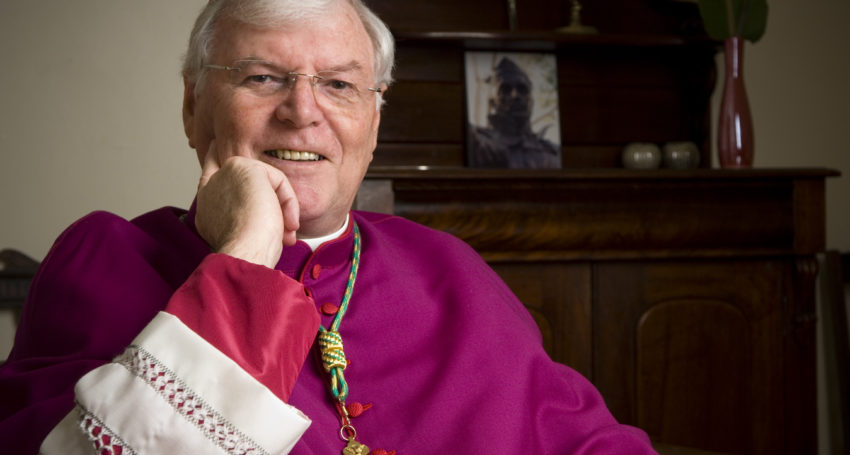
When the news broke without advice or warning last month that the South Australian Parliament had abolished the exemption whereby priests were not required to reveal what they heard in the confessional, there was naturally a flurry of media interest, and my TV and radio interviews were reported in the printed press as saying that priests would “defy” the Government on this matter, and that a battle between Church and State was “looming” over this issue.
Advertisement
The Church has no intention to defy or create a battle with the State, and in fact endorses strongly and without reservation the obligation of mandated reporting, so that when people in certain offices (such as teachers or doctors) become aware even of the suspicion of child abuse, they are obliged to report it. Priests are also “mandated” to report, and willingly subscribe to this law. The issue of fundamental disagreement comes when the law attempts to dictate that the seal of the confessional should be breached.
There is a theology and a tradition of 1300 years of practice and the fact that it is the universal mandate of the Church, that the seal of the confessional is inviolable. We are aware that over the ages numbers of priests have been tortured or martyred because of their refusal to break the seal and divulge the contents of the confessional.
The confessional is a sacred tribunal. The sacrament is a sacrament of encounter between a penitent seeking absolution and forgiveness communicated through a priest who stands in the place of Christ. The confessional is a sacred reality, a place of God’s mercy and forgiveness, and is not subject to human enactments, such as this recent legislation.
Advertisement
There are two truths that must be worked out, the need for protection of children and the vulnerable to the greatest possible extent, and the need to abide by the requirements of a sacred institution, something beyond the authority of parliamentarians. For Catholics, the politicians cannot make a law that says that priests may no longer teach the doctrine that the bread and wine in Mass becomes the body and blood of Christ. It is beyond their realm of authority. Similarly, their authority cannot extend into this sacrament of sacred encounter. To attempt such a legislation is to say that Catholics can no longer practise their religion in this area.
For any priest confronted with a paedophile in the confessional – and paedophiles do not go to confession, as is the almost universal experience of priests – there would be a very serious interchange insisting that the paedophile report to the police and take whatever means are available to alter his behaviour, to avoid any circumstance that would enable him to perpetrate these crimes, and to prove his profound and genuine desire for forgiveness. Absolution would be withheld if the priest was not convinced of the genuineness of the penitent.
We do really want to talk with the legislators, so that the protection of children and the integrity of a sacred sacrament of Christ can both be maintained.


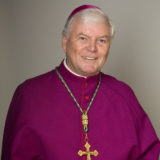
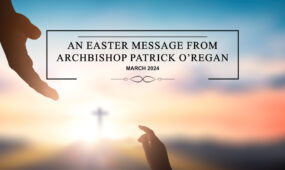

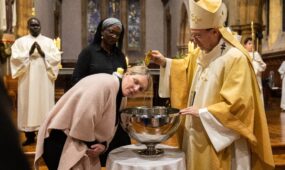
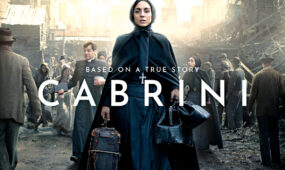

Comments
Show comments Hide comments